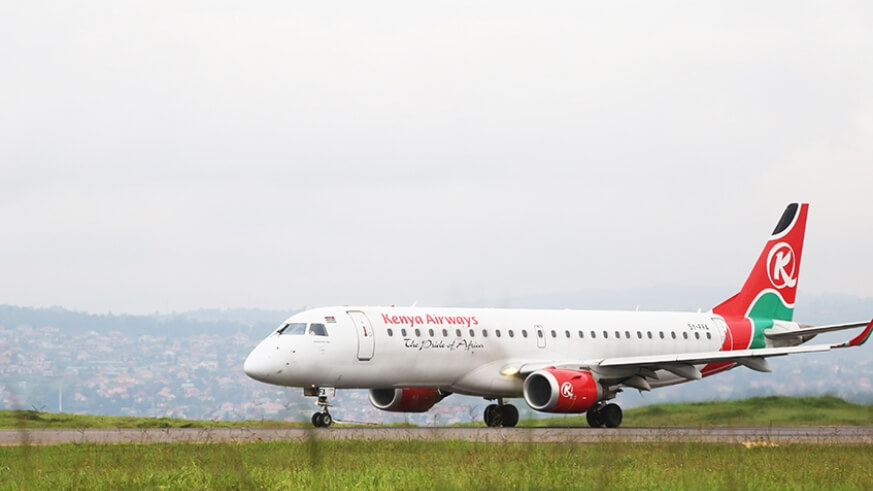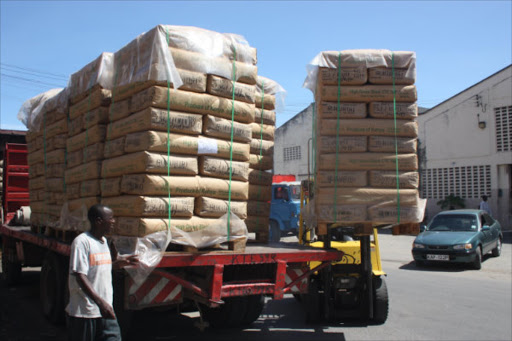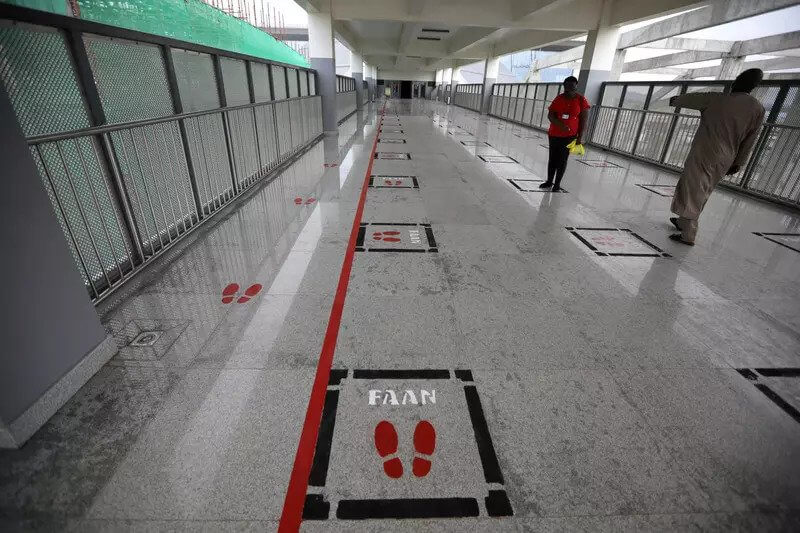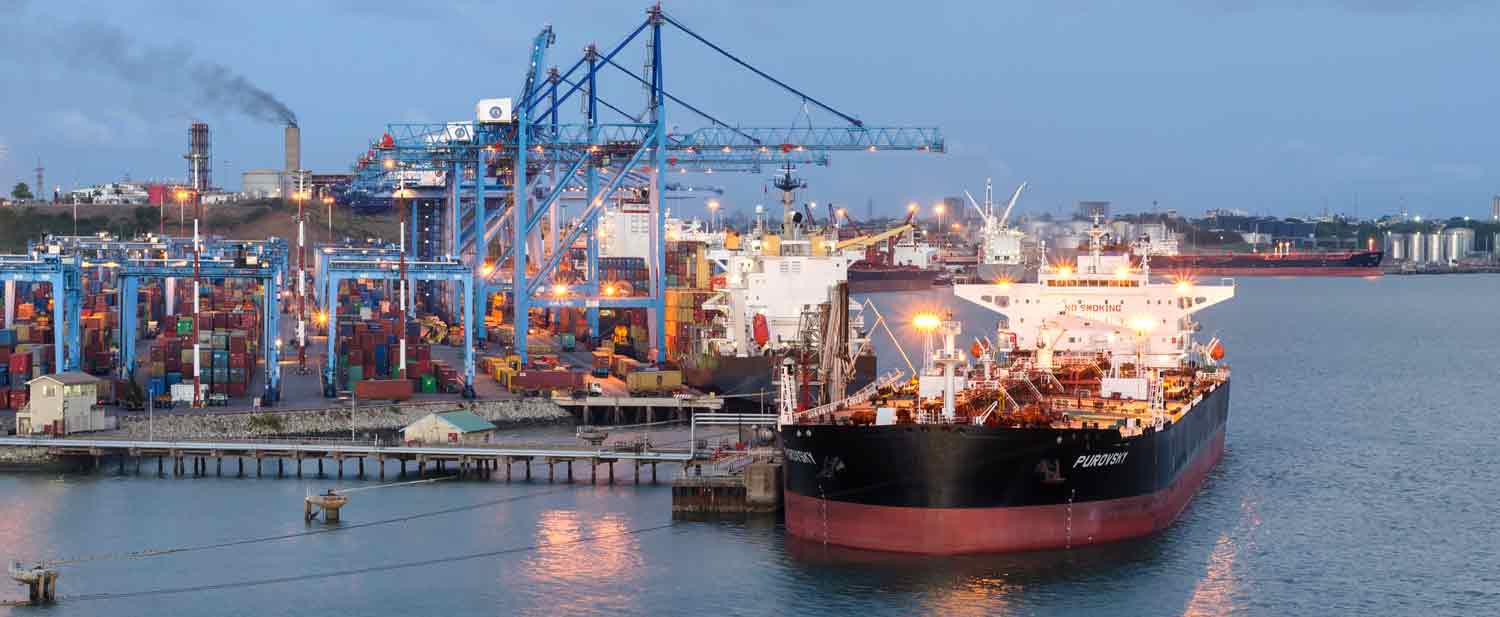In a bid to facilitate the recovery of struggling economies across the region, the East African Business Council (EABC) is rallying its member states to reopen the regional airspace that was closed due to the coronavirus pandemic. This, experts argue will among other factors kick start trade, tourism and hospitality sectors. EABC has commended the public health measures aimed at containing the spread of Covid-19, but further noted it was time to reopen the skies. “Air travel is vital to the economic health of countries,” Regional Director for Africa Dr. Matshidiso Moeti said in a statement. Besides Dr. Moeti pointed out, “The resumption of commercial flights in Africa will facilitate the delivery of crucial supplies such as testing kits, personal protective equipment and other essential health commodities to areas which need them most,” Additionally, “This is vital for the recovery of the aviation sector in light of the Covid-19 pandemic,” the statement adds The regional body also indicated that member states “need to come up with regional coordinated guidelines and measures on the opening of the regional aviation sector to bolster consumer confidence and support the recovery of the sector.” Experts who talked to this paper, including Col Silas Udahemuka, the Director-General Rwanda Civil Aviation Authority (RCAA) backed the proposal. For instance, according to Robert Rukundo chairman of the Rwanda Horticulture Exports Association, opening up the airspace will allow for resumption of employment in sectors such as tourism. “I fully support the idea because it will also boost the regional...
Regional business council pushes for reopening of skies
Posted on: July 14, 2020
Posted on: July 14, 2020
























